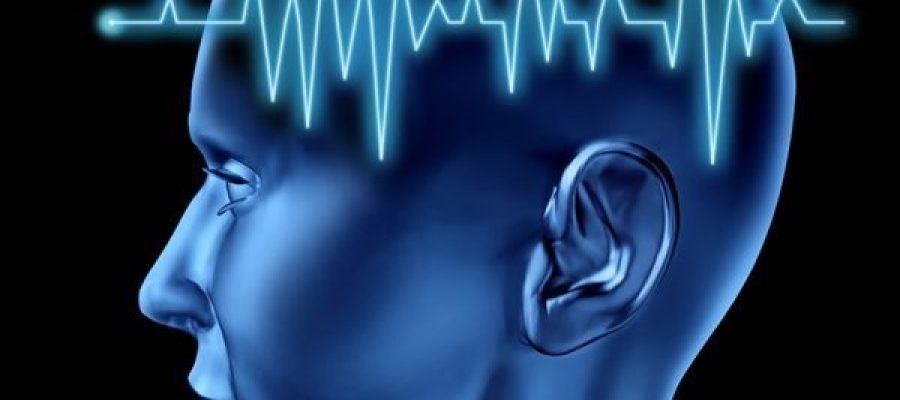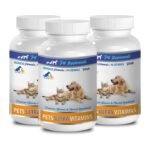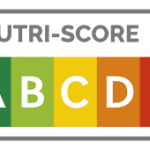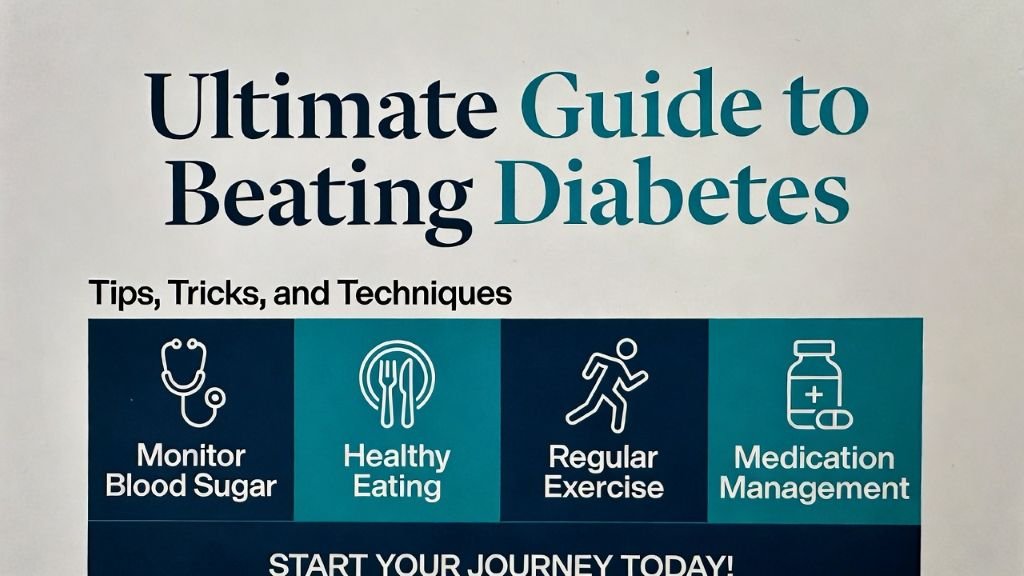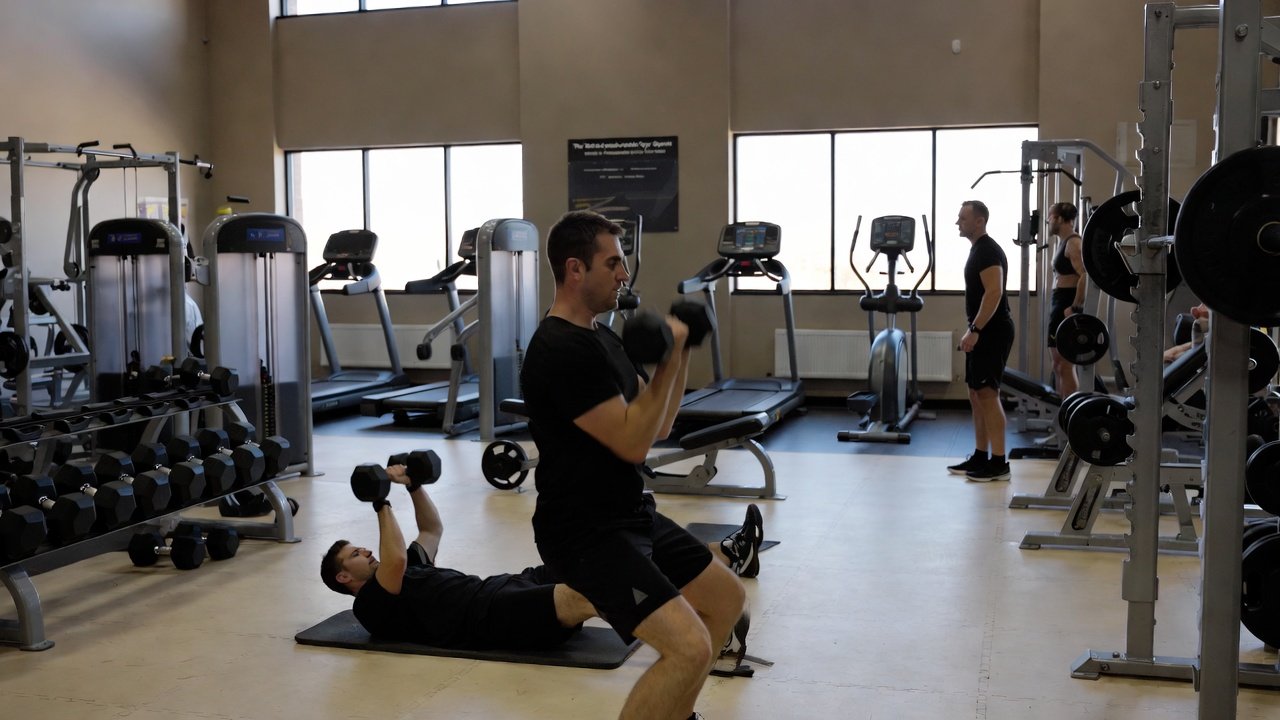These days, it seems that we can all name several people suffering from some sort of memory loss, whether it be the effects of age-related dementia, or simply the “foggy-brained” symptoms that can accompany a slowing metabolism and changing hormones. Age-related decline is on the rise, with one in eight older Americans diagnosed with Alzheimer’s, the most prominent type of decline. With statistics like these, we should all be giving the health of our brains as much, if not more, attention as we tend to give to the health of our hearts. Although cures for the worst of mental-decline diagnoses don’t exist, there are ways to slow down their progression.
Much of the research surrounding mental acuity is associated with exercise—both physical and mental. Although we are honing in on improved treatments in the realms of medications and nutrients, a sharp mind can still best be preserved through these two tenets of general well-being.
Physical exercise likely produces benefits by increasing circulation (including circulation to the brain) which provides higher levels of oxygen and much-needed nutrients. Exercise also lowers blood pressure, decreasing the likelihood of circulatory events such as TIM (transient ischemic attacks) and strokes, which can destroy brain tissue and render parts of the brain inactive.
Researchers at Columbia noted a 33% less likelihood of Alzheimer’s in older adults who exercised at least 1.3 hours a week. Fast walking, tennis, aerobics, hiking, and golf without a golf cart are just some of the exercise activities that have been studied. It seems that any activity of your choice (as long as you are moving briskly) will do the trick.
Exercising the mind has also been repeatedly shown to maintain acuity Doing crossword puzzles, reading, working on the computer, creating art, and engaging in social activities are all ways to keep your mind active, which helps to continually build extra nerve connections in the brain. It is also important to vary these activities, and it seems the newer, the better. A recent study from Mayo actually showed the highest maintenance of mental acuity occurred with a combination of physical and mental exercise, with nearly 20% fewer participants performing both activities showing cognitive impairment when compared to a group not participating in either physical or mental activities.
It is certain that mental acuity trends positively with both mental activity and physical exercise, but these aren’t the only trends that we see. It has also been noted that those with higher HDL levels tend to have lower rates of mental decline and Alzheimer’s. HDL, as you recall, is the “good cholesterol.” This is the cholesterol component produced by our livers responsible for shuttling cholesterol away from our arteries and back to our livers to be processed. Although HDL is not easy to increase, small elevations can be seen with exercise, weight loss, and the consumption of ground flax seed, fish oil, and moderate alcohol (red wine is the best at one or fewer glasses per day).
It has also been noted that those with higher homocysteine levels have a higher incidence of Alzheimer’s. Homocysteine is an inflammatory marker for the cardiovascular system, a test can easily be added to any general blood-draw order. If your homocysteine is found to be high, it can
be decreased with the addition of B vitamins, especially B12, B6, and Folic Acid. Anti-inflammatories can also decrease homocysteine levels. Tumeric is a common herb used as an anti-inflammatory; both in capsulation and as a spice in food. Decreased animal product intake, along with increased fish and leafy green consumption, also has a positive effect on homocysteine levels. DHA (a type of Omega-3) has especially been shown to promote mental sharpness due to its ability to cross the blood-brain barrier most efficiently.
You can also promote clearer thinking and improved memory by increasing the energy available to the brain. In this regard, many of the supplements for heart health also benefit brain health. When you consider that these two systems are in a constant state of function it is easy to understand why they both benefit from receiving more energy Supplements like L-carnitine and CoQ 10 both help to promote energy production and therefore can lead to more efficient heart and brain function. Yet another strategy for memory function is to increase a substance called acetylcholine. Acetylcholine is a neurotransmitter that allows nerves to communicate with each other. Currently, most of the pharmaceuticals for dementia and Alzheimer’s work by increasing acetylcholine levels in the brain. There are supplemental ways to improve production as well, with perhaps the most effective being phosphatidylserine. Phosphatidylserine also plays an important role in cell membranes, further supporting nerve communication. Huperzine-A is an herbal constituent also believed to increase the neurotransmitter acetylcholine. These are shown to be such effective supplements that they should be considered for anyone showing signs of dementia, or with a strong family history. However, because their mechanisms are so similar to medications used for dementia, neither should be used at the same time as the pharmaceuticals. Finally, other herbs are clinically touted to promote memory, although further human studies are needed for most. Gingkola, although the most well-known, has shown both positive and negative results in clinical trials. Rhodiola is an herb commonly used in other countries to promote energy, oxygenation, and memory, and is generally thought of as a safe herb to try especially for cases of “brain fog” associated with fatigue, stress, and hormonal changes. Bacopa is an Ayurvedic herb that has been used for centuries in India to promote memory and learning.
Whether you are feeling a little foggy, showing signs of memory loss, or just want to stack the odds in your favor, you should consider making changes to promote cognitive function. At the very least, remember that the benefits of exercise go well beyond your waistline and keep stimulating your brain with mental challenges. Just as in heart health, a diet low in animal products and high in fish and leafy greens will serve you well, and consider nutrients with your treating physician. Just a few simple changes could get you years of mental clarity.
Stay Sharp Check-List
- Get physical exercise
- …and mental exercise, too!
- Eat a high-fish, low-animal product diet
- …and lots of leafy greens
- Spick it up with turmeric
- Take your vitamins – B6, B12, Folic Acid
- Use herbs: rhodiola, huperzine-A, & vinpocetine
- Supplement with high-DHA fish oils
- Add these nutrients: L-carnitine and CoQ10
Please review our business at: Google Yelp Facebook
If you’d like to learn more, please visit our Member’s Area to access our subscribed content.
Did you know you can work out and exercise with a trainer at your home, office, hotel room, or anywhere in the world with online personal training?
Like us on Facebook/Connect with us on LinkedIn/Follow us on Twitter
Make sure to forward this to friends and followers!

